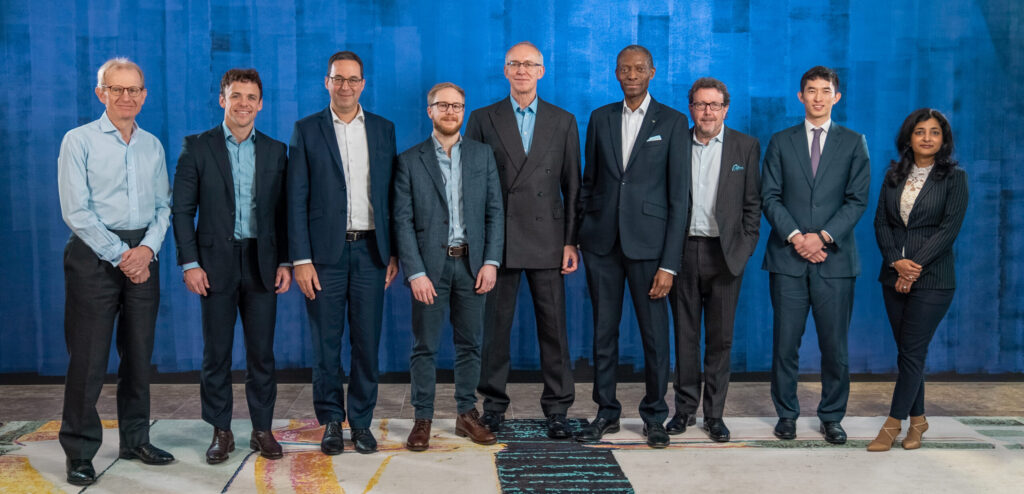The news follows on from the launch of AXA XL Risk Consulting’s recently launched AXA Immersive Solutions, a training solution that uses Virtual Reality (VR) and Digital Twin technologies.
The aim of the partnership, say leaders, is to contribute to the newly established Cambridge Systemic Risks Hub, which is dedicated to enhancing our understanding of the interconnected nature of such risks.

The hub’s overarching goal is to empower the insurance industry with valuable insights that will enhance its responsiveness to current and future threats. The initiative also aims to increase collaboration between the private and public sectors, facilitating the exchange of expertise and knowledge to develop innovative risk transfer products and advisory services.
According to reports, in alignment with the initiative’s objectives, both AXA XL and AXA Research Fund will also concentrate their efforts on addressing climate transition risk. Recognising the far-reaching global implications of climate transition on geopolitics, technology, social cohesion, and business development across all countries and sectors, this collaborative endeavor underscores a shared commitment to proactive and comprehensive risk management.
Speaking about the new partnership, Dr Michelle Tuveson, Executive Director and Chairman of the Advisory Board at CCRS, commented: “We are honoured to be leading this research hub – this pool of expertise will be invaluable in steering our research as we look to create new private market risk management products and services.”
Andrew MacFarlane, Head of Climate at AXA XL, said: “Evolving our assessment of risk management from linear thinking to a more systemic approach will enhance our ability to manage and understand increasingly complex and interconnected risks. CCRS has longstanding expertise in this area and working alongside them will enable us to identify opportunities to support our clients while they navigate a constantly changing risk landscape.”
Martin Powell, Group Head of Sustainability, AXA, said “Collaborating in this way aligns with the AXA Research Fund’s mission of helping to inform public and private decision-making based on science to tackle the key issues of our time to protect the planet, communities and society as a whole.”
AXA XL and AXA Research Fund move towards greater collaboration
Additionally, the findings from the research will be pivotal in encouraging enhanced collaboration with international organisations, national governments, and local authorities in formulating policies related to risk reduction. This, in turn, will contribute to advancing global cooperation efforts aimed at mitigating systemic risks.
Dr Andrew Coburn, Chief Scientist at CCRS, explained “Systemic resilience needs the foresight of systemic backstops to which capital markets can respond. Modelling to support new financial instruments will be critical in addressing future crises.”
Professor Daniel Ralph, Academic Director at CCRS, also stated: “GDP-sized government interventions have been the solution to pandemic-sized events, but government action at this scale is typically ad hoc – better regulatory and financial structures are needed to protect societies from long-term erosion of wealth.”
Dr Trevor Maynard, Director of Systemic Risk Research at CCRS, added: “We are delighted that AXA XL and AXA Research Fund have chosen to explore climate transition risks as part of our broader focus on global systemic threats. We hope our work can help businesses to better navigate the multiple potential futures that might occur.”
Author: Joanna England










